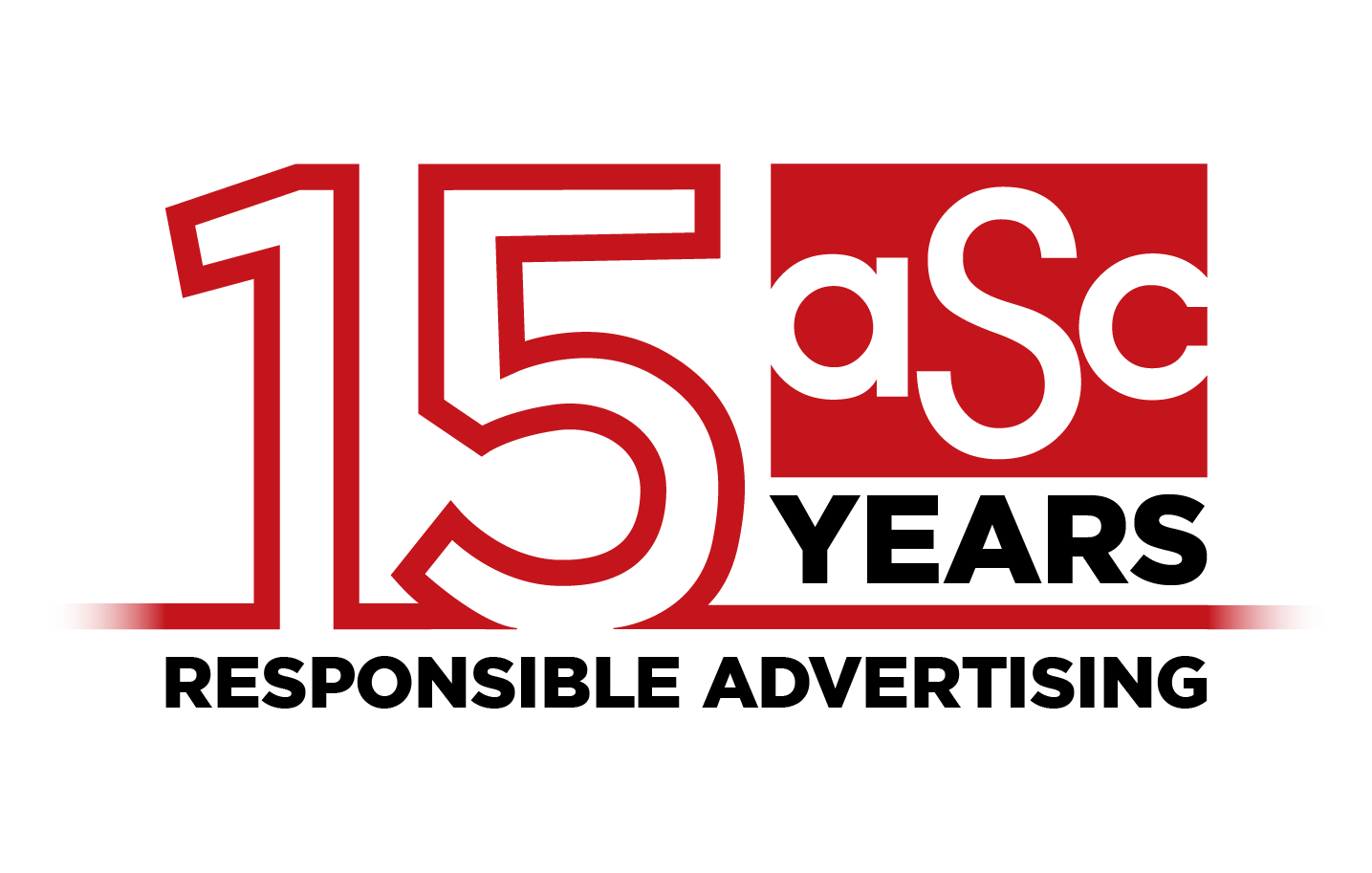The Philippines has over 30 years of self-regulation. The earliest Advertising Code of Ethics dates back to the Philippine Board of Advertising (PBA) established in 1974. In 1989 the PBA was renamed AdBoard (Advertising Board of the Philippines) and was mandated by IRR of RA 7394 or Consumer Protection Act to ensure that all advertising materials conform to its Code of Ethics. The AdBoard Advertising Content & Regulations Committee (ACRC) had been the main implementing arm of advertising self-regulation in the Philippines until March 2008 when the Ad Standards Council (ASC) took over this function.
The Ad Standards Council is a non-stock, non-profit organization which aims to promote truth in advertising through self-regulation of advertising content. The ASC was established by the major stakeholders of the advertising industry i.e. PANA (representing the Advertisers), 4 A’s (representing the Advertising Agencies), and KBP (representing Media). The ASC currently handles the screening of all forms of advertising and settles all disputes with regards advertising content.
The current Advertising Code of Ethics, an updated version of the AdBoard Code of Ethics was first released in March 17, 2008. Shortly after the ASC took over the advertising self-regulation functions of the AdBoard, a committee was formed to review the code and the result was a comprehensive document that reflected the needs of the advertising industry at that time.
On its third year, the ASC is further reviewing its code. This was triggered by the need to adopt the new developments in both the local and international advertising scene. Over the last few years, responsible advertising had been at the center of controversy when it comes to promoting unhealthy eating habits, irresponsible drinking, and promoting wrong values among other things. On the other hand, the scope of advertising has expanded beyond the traditional forms. New marketing disciplines such as digital marketing and environmental marketing are emerging in the scene and therefore need to be addressed in the code.
It is the ASC’s mission to protect the consumers first and foremost. And we can only do this through an advertising self-regulation process that is responsive to their needs. The ASC Code helps ensure that advertising is truthful and accurate. Upholding the integrity and credibility of advertising makes it a more powerful tool to influence consumer purchase. Truthful advertising also encourages fair play among competitors and the ASC has provided an efficient venue for efficient resolution of companies with advertising disputes.
The Code Team included in their research local and global references such International Chamber of Commerce (ICC) for guidelines on Responsible Advertising for Children, Environmental Claims, Digital Marketing, and other countries’ authorized regulating body.
Scope of Coverage
Generally, the Code applies to all advertising and other marketing communication, including Digital marketing, for the purpose of promoting any kind of goods and services, companies, and institutions. The Code must be observed by everyone concerned in the practice of marketing communication, whether as advertiser, advertising agency, in the media, or in related functions.
